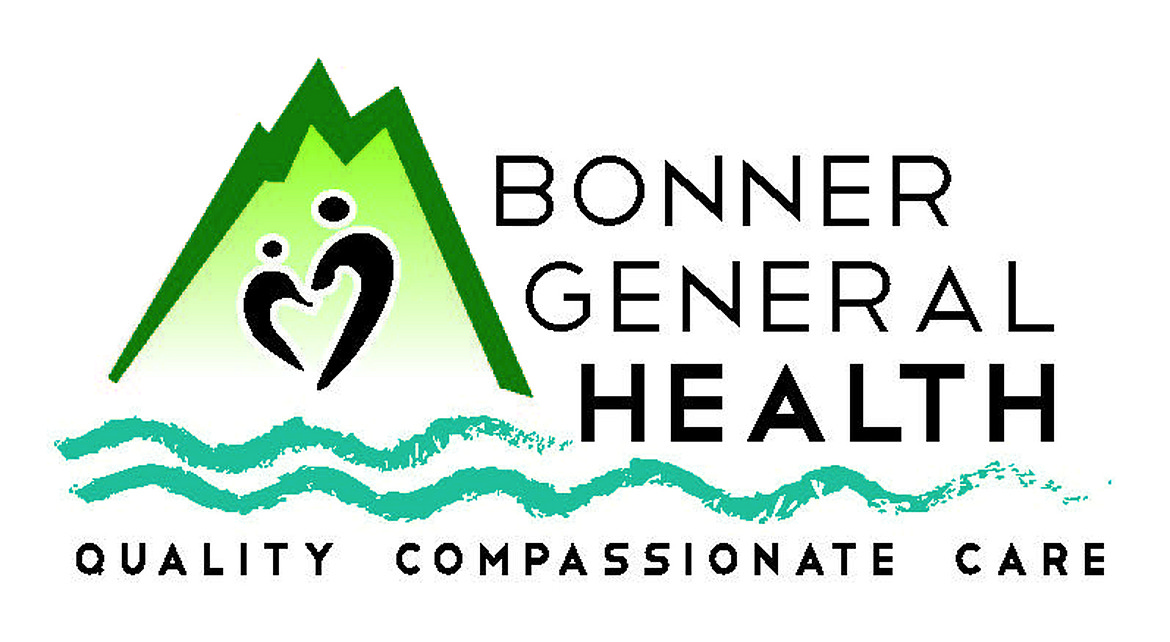Leaves can fall; you shouldn’t
I’m hunting and pecking this article with my left hand. My right hand is sitting on my lap, enclosed in a brace. You see, a couple of weeks ago, while hiking Gold Hill, I tripped over a rock and fell. Besides taking all the skin off my nose and breaking my glasses, I broke my wrist. It took Dr. Doug Cipriano a couple of hours to pin my bones back together.
A few days after my tumble, one of my best friends called to tell me that she, too, had fallen, misjudging the height of a curb. As a result, she broke her left arm. While we heal, I want to tell you that one in four older Americans falls every year. Falls are the leading cause of fatal and nonfatal injuries for those 65 and over.
The Centers for Disease Control says that one out of five falls causes serious injuries such as broken bones or head injuries. Each year three million people are treated in emergency rooms, and over 800,000 patients are hospitalized because of a fall injury.
Head injuries from a fall can be severe, particularly if the person takes certain medications such as blood thinners. In addition, broken bones can make it hard for a person to continue their regular routine or even live independently. Sure, many falls don’t cause injuries, but even if they don’t result in a broken bone or traumatic head injury, they may make one afraid of falling.
“Fear of falling may cause a person to cut down on their everyday activities. When a person is less active, they become weaker, and this increases their chances of falling,” CDC says. Sounds like a vicious circle, doesn’t it?
What should you do? Mayo Clinic says the first step is to make an appointment with your primary care provider. At this meeting, you’ll talk about your medications, including any supplemental drugs and over-the-counter pain relievers, especially those with “PM” in their title.
“Your doctor can review your medications for side effects and interactions that may increase your risk of falling,” Mayo says. They also say to tell the medico if you’ve fallen or almost fallen. “Be prepared to discuss instances when you almost fell but were caught by someone or managed to grab hold of something just in time.”
Ask if any of your health conditions could cause a fall. “Certain eye and ear disorders may increase your risk of falls. Be prepared to discuss how comfortable you are when you walk – for example, do you feel any dizziness, joint pain, shortness of breath, or numbness in your feet and legs when you walk?”
If you don’t exercise because you’re afraid of falling, tell your PCP. “He or she may recommend carefully monitored exercise programs or refer you to a physical therapist.”
The next step is to look at your shoes. High heels, flip-flops, floppy slippers, and slick-soled shoes can make you slip and fall, as can walking in your stocking feet. “Wear properly fitting, sturdy shoes with nonskid soles,” Mayo says. “Sensible shoes may also reduce joint pain.”
Then, look around every room in your home and the stairs inside and out. Look where your electrical cords are, then declutter the stuff on the floor like old magazines and newspapers. Move furniture from high-traffic areas. Make sure all rugs are secured with double-faced tape or slip-resistant pads; better yet, take them out of your house. Repair any uneven flooring. Clean spills immediately and put non-slip mats in your tub and/or shower.
Keep your home brightly lit. Put nightlights in your bedroom, bathroom, and hallways. Have a lamp on your nightstand and use it when you get up during the night. Turn on lights when you walk into any room, particularly on the stairway, and don’t forget to have a flashlight (with fresh batteries) in an easy-to-find place in the event of a power outage.
I’m not sure my fall or my friend’s fall could have been prevented, but I can assure you we wish they had been. I want to thank Bonner General Immediate Care and BGH Orthopedics.
Another thing to note is that Performance Therapy Services has a balance program and therapists who’ll do in-home assessments for fall risks. Call 208-265-3325 for an appointment.
Kathy Hubbard is a member of the Bonner General Health Foundation Advisory Council. She can be reached at kathyleehubbard@yahoo.com.



